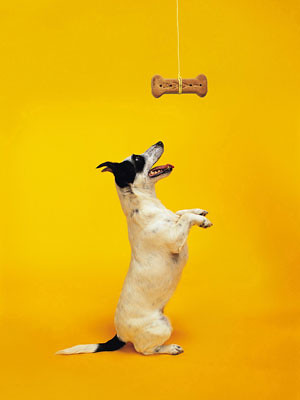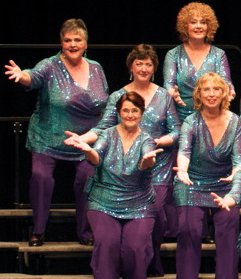To refresh your memory… A "musical toolbox" is a collection of musical ideas, you find pleasing from others compositions. The previous two blog entries, “Pablo Picasso is not an asshole: Introducing the musical toolbox”, and “You are what you eat!” describe in more detail what a musical tool box is and what exactly you should be putting your metaphorical toolbox. If your ears are not trained, it is very difficult to put anything in your toolbox at all. Sure you could write tabs or notation of music you find pleasing, but the goal is to write these musical snippets into your brain. This way you can acesses them anytime you want.
Out of any musical training I have done in my life, the one thing that has helped me the most was ear training.
Ear training teaches your ears to identify certain intervals and chord changes just by hearing them. Essentially it builds an instrument inside your head. Doesn’t that sounds amazing? With an instrument built into your head, you can actually compose music with out the use of anything else besides your mind! I will get into that more in later blog entries.
Wolfgang Amadeus Mozart could compose symphonies in his head because he trained his ears!
The litmus test for ear training is, if you can match pitch with your voice, than you should be able to train your ears. If you can’t, then I don’t think you will be able to continue with ear training. Some people are wired for this and others aren’t.
If you can match a pitch, go to learn2hear.org, create an account, and start training your ears! I recommend starting out with interval and triad training. If you commit your self to using this web site for 10 minutes a day, every day, for 2-3 months; I promise you, you will unlock your hidden musical potential! Don't expect this to be easy; it takes a lot of time and frustration... but in the end, when you play exactly what you hear in your head, it will be worth it!
The skill you will be developing is called "relative pitch". In other words, you can tell the distance between notes in relation to your starting pitch. There are some gifted people out there with perfect pitch. Perfect pitch is when someone can identify a note with nothing to base it off of. For example, if you play a Bb, they could tell you its a Bb. Someone with relative pitch could figure out what note Bb is if they have a reference note (ex. what is a perfect 4th from F). Some say perfect pitch can be developed, but relative pitch can be just as good! I don't have perfect pitch... but i do just fine with relative pitch!
Jimi Hendrix had perfect pitch!
Another tip for training your ears is to sing harmonies. Since the voice is the most direct connection to music in your head, getting proficient at singing harmonies is another great way further train your ears. When listening to music in the car, try harmonizing as much as you can. The rule of thumb with harmonizing, is to do a third or a fifth, above or below the melody. If you don't know what a third or fifth is, you should start training you ears. Personally I think harmonizing is my favorite thing to do!
These ladies know what I'm talking about!!
Being able to identify the spaces in between notes, or the chord structure of a piece just by hearing it, is the best way to build up your musical toolbox. The better-trained ear you have, the easier it will be to figure out songs, get all those beautiful melodies and chords out of your head, and identify what people are playing just by listening to it!
So what are you waiting for! Go to learn2hear.org and start unlocking your musical potential!






No comments:
Post a Comment